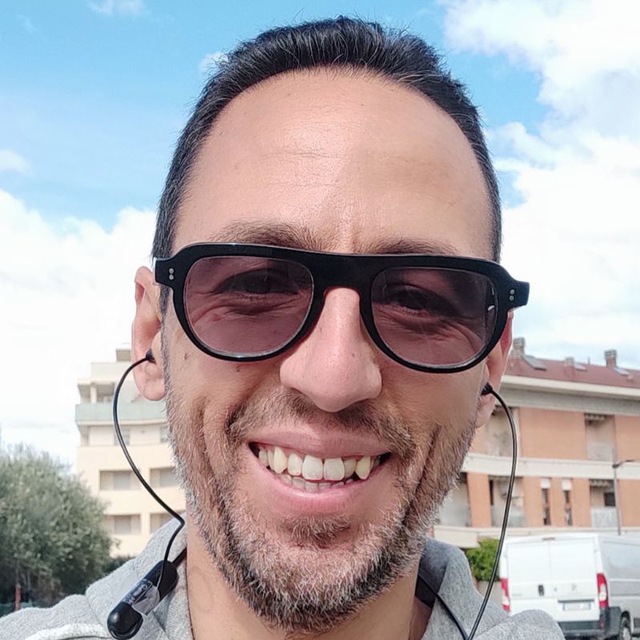Comprendere che il mondo in cui viviamo è complesso (vero Davide?) ci aiuta a prendere decisioni in modo diverso. Una differenza sostanziale è non puntare alla soluzione migliore in assoluto, quella più conveniente, ma la soluzione che ci permette di avere le condizioni migliori, tenendo conto di più ampi fattori di rischio e di incertezza.
When making decisions, instead of asking ourselves which option will give us the best results, we should be asking which option will give us good-enough results under the widest range of future states of the world. Instead of trying to maximise return on investment in our retirement account, we should be setting a financial goal and then choosing investments that will allow us to achieve that goal under the widest set of future financial circumstances. Instead of looking for the ‘best’ job, we should be looking for a job that will be good enough – satisfying enough – as co-workers and managers come and go, and the future economy gyrates.
Driving is perilous enough, and life is not as predictable as driving. We don’t always know where we’re going. We’re not always in control. Black ice is everywhere. A little something to slow us down in the uncertain world we inhabit could be a life-saver. Building friction into our lives, as individuals and as a society, is building resilience into the system. It could be our insurance policy against catastrophe.
Questo concetto è alla base di un libro, Radical Uncertainty, ben discusso in un articolo su Psyche, magazine online ricchissimo di spunti che hanno a che fare con la psicologia e altre scienze.
